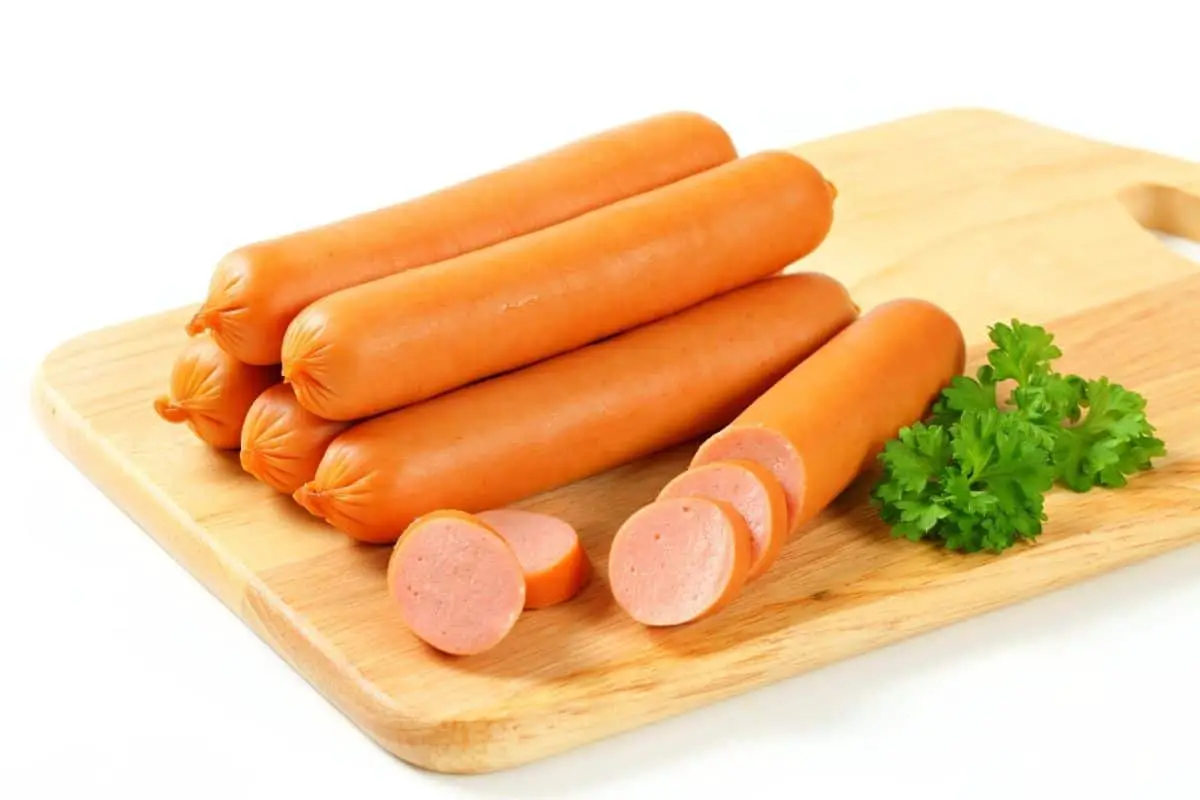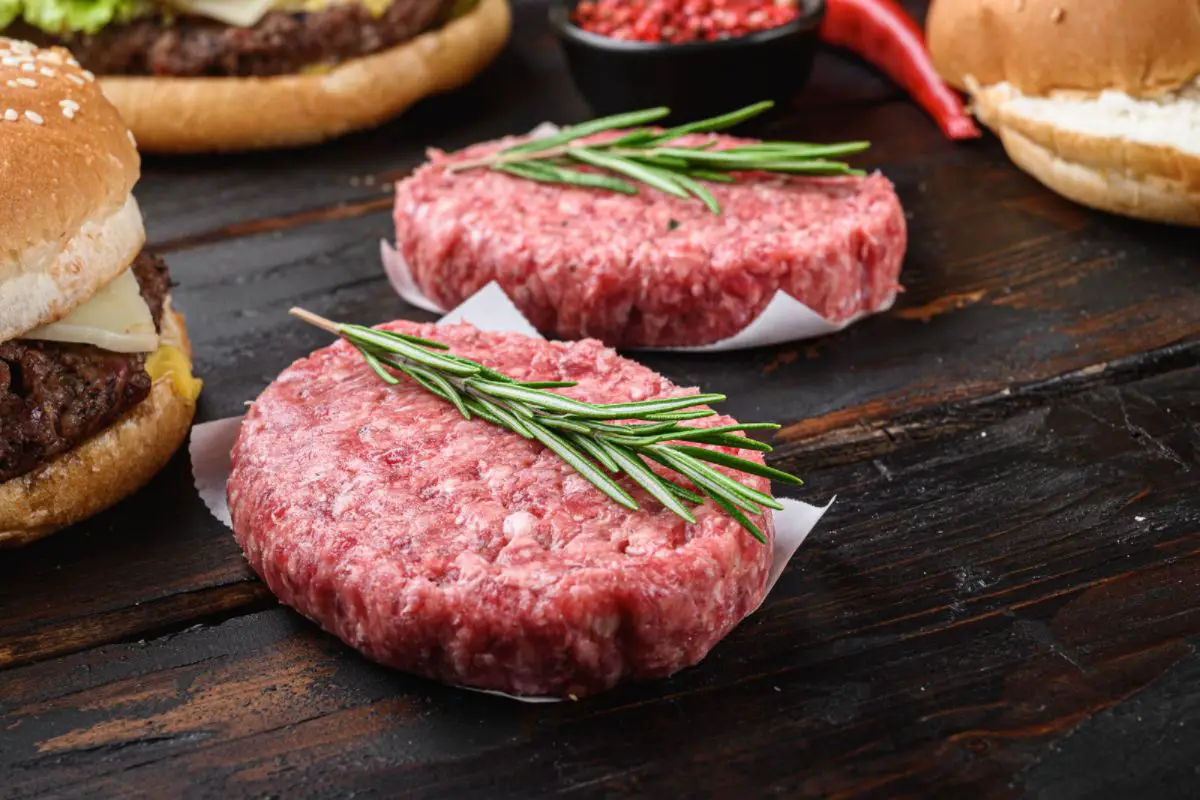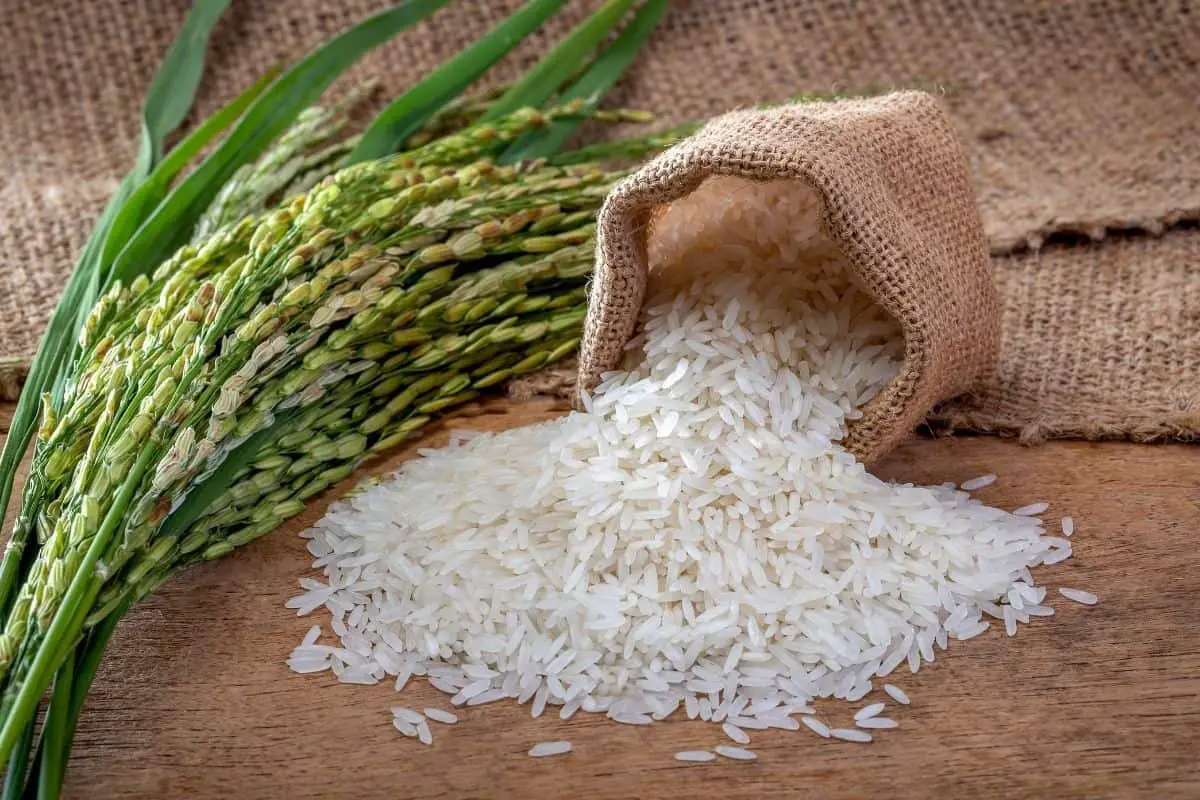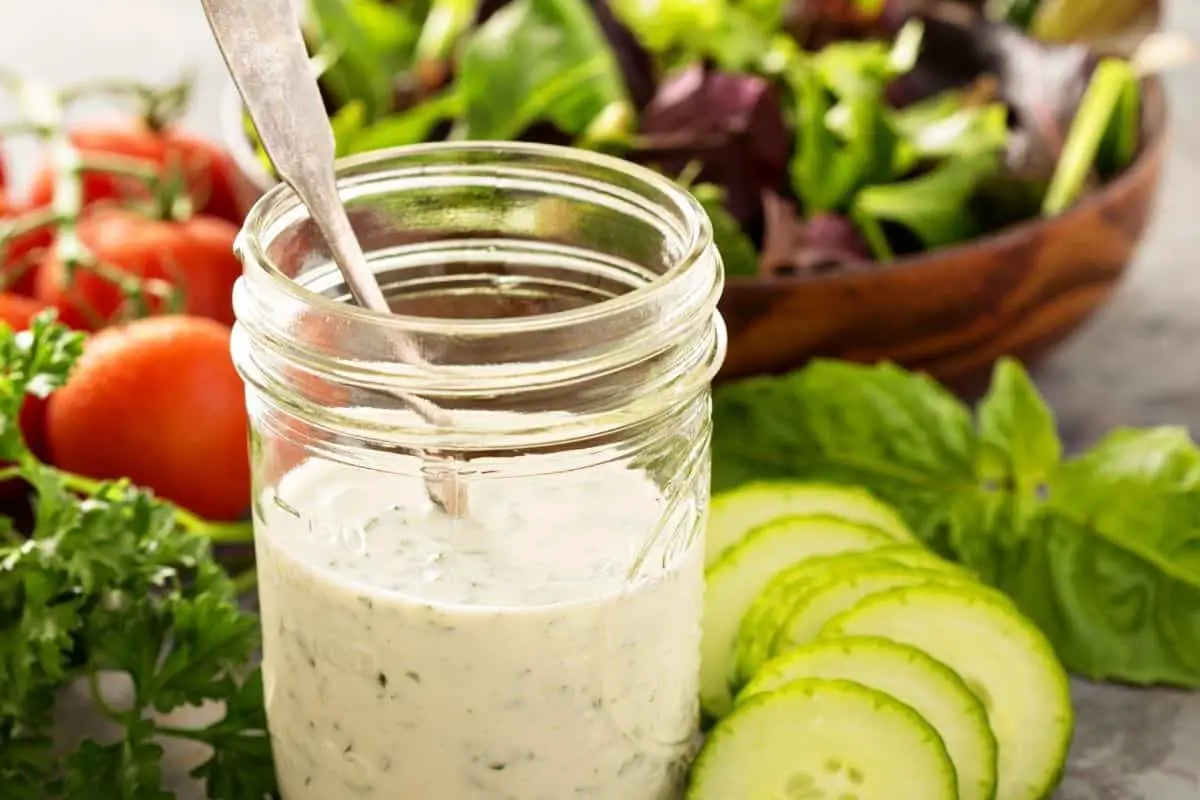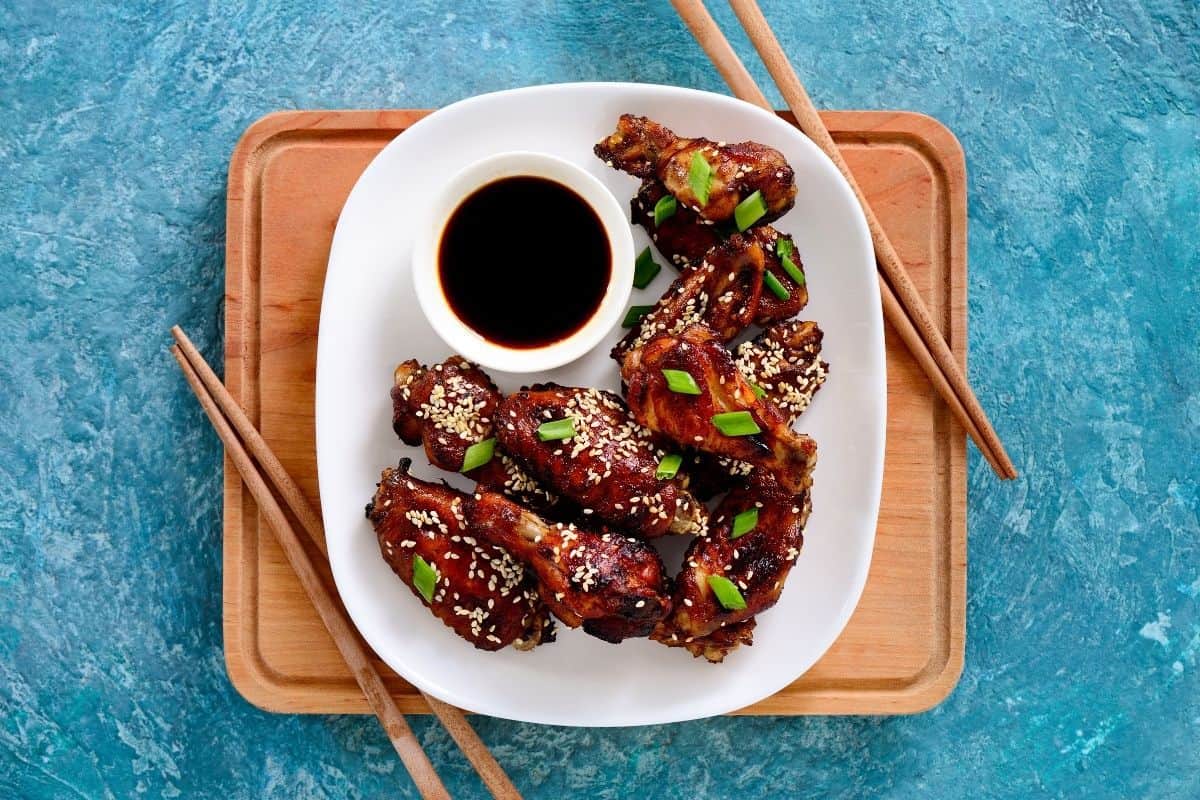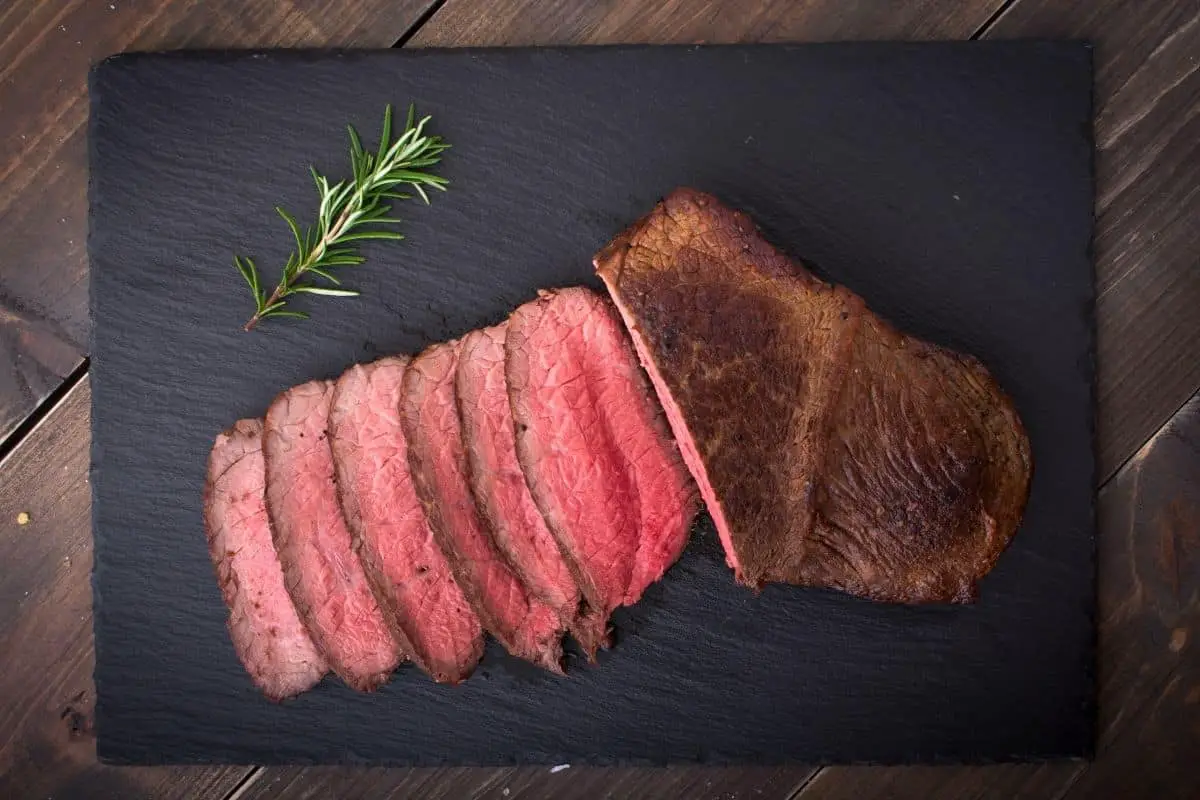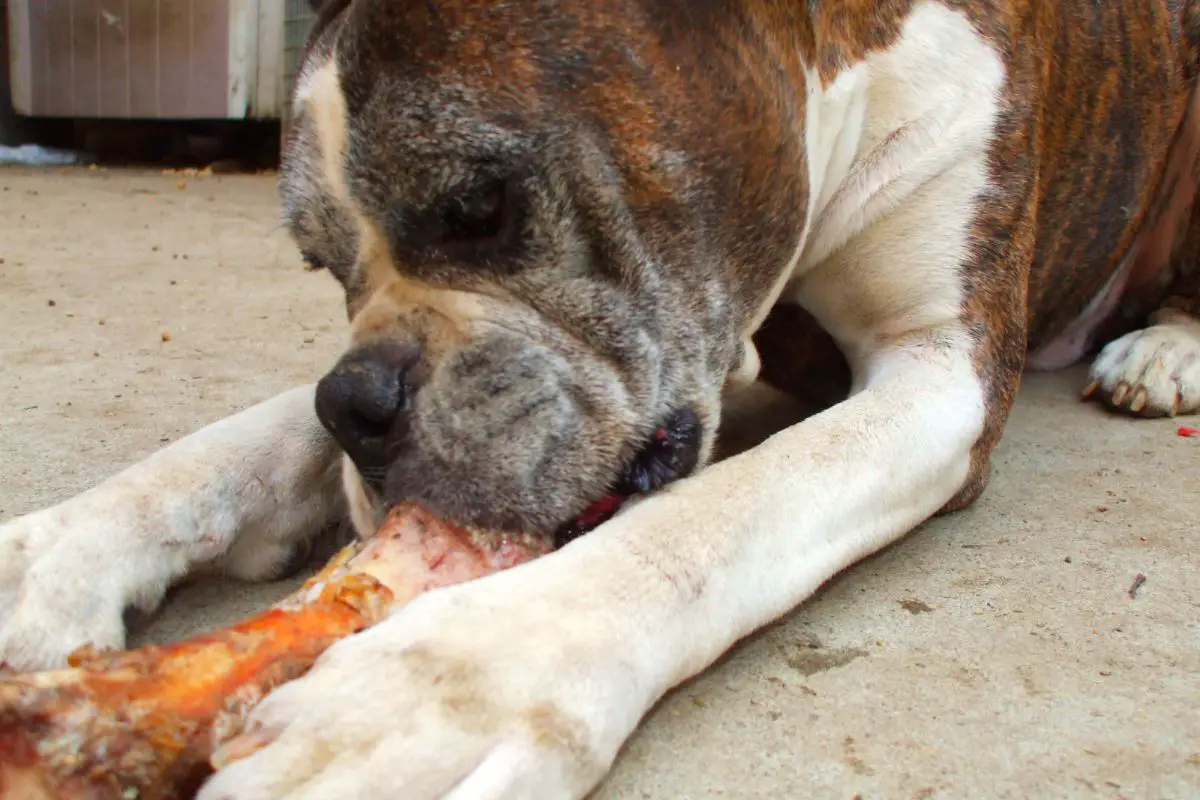This post contains affiliate links.
Dogs are masters at getting what they want, as those sad eyes and hopeful faces melt our hearts, and we often give in to them even when we know that what they want is bad for them. Sometimes, they even get into things that are bad for them without our knowledge. That is why it isn’t very comforting when dogs eat something we did not intend for them to eat, like Vienna Sausages.
Dogs should not eat Vienna Sausages because it contains preservatives, is high in sodium and offers no nutritional value. However, they are not immediately toxic, so your dog should be okay, but he could develop health issues over time if he regularly consumes Vienna sausages.
This article will show you why dogs should not eat Vienna Sausages or other human foods, problems that may go undetected if they continue to eat human food, and things to offer picky dogs instead of human treats. If your dog eats Vienna Sausages regularly, read on to see if you should be worried.
Table of Contents
Should You Worry When Your Dog Eats Vienna Sausage?
Dogs have likely eaten many more forbidden foods than we would like to think about, as they are crafty critters who enjoy stealing food — especially human food. Their sense of smell is incredible and aids in their survival from predators, but they cannot smell toxicity in food, making our job even harder.
The good news is that if you just saw your beloved dog wolf down a Vienna sausage or two, there is no immediate need to worry. He will likely enjoy the treat so much that he will try to steal more.
Even though the sausage could be harmful over time, it is not toxic, so there is no need to rush him to the vet unless he exhibits signs of an allergic reaction like facial or tongue swelling or uncontrollable vomiting.
While there is no need for immediate concern unless he is showing signs of an allergic reaction, you need to make sure he is not permitted to eat any more of them.
Why Dogs Should Not Eat Vienna Sausages
Although our dogs’ antics to get what they want can be adorable, many human foods, spices, and oils are toxic to dogs. So, even though we want to make our dogs happy by sharing our food with them, dogs should not eat Vienna sausages, according to the editors at PedMD. They warn that allowing them to do so “…is slowly causing adverse side effects–physically, behaviorally, and socially.”
Physical Concerns
One of the side-effects dogs experience from eating human food is weight gain, which can lead to obesity.
Vienna sausages are high in fat and sodium content, which adds calories to your dog’s diet without adding any nutrition. So, while he will be okay if he eats Vienna sausages this time, you should not make a habit of allowing him to eat this food.
In fact, many human foods have no nutritional value and will make your dog gain weight.
Since keeping your dog at his optimal weight will help prevent bone, joint, and mobility issues as he ages, it makes sense to withhold foods like Vienna sausages from him even if they are not immediately harmful to him.
Another physical concern that happens when dogs eat foods like Vienna sausages is the risk of developing diseases such as heart issues, diabetes, and pancreatitis. The dog’s digestive system cannot handle so much fat and sodium and can result in a shortened life.
Again, just one sausage will not cause your dog irreparable harm, but over time, Vienna sausages and other human foods can cut your dog’s life short.
Behavior Changes and Challenges
As much as we like to think we train our dogs, the training goes both ways. Dogs have an uncanny way of training owners, especially new dog owners.
While things like begging for Vienna sausages and doing tricks for human foods can be cute when they are puppies, this same behavior will be problematic as they age because the learned, bad habits are hard to break.
Besides constantly begging for food, once your dog gets a taste for something like Vienna sausages, he may become a picky eater, which can be pretty problematic. Some dogs will hold out for what they consider to be the “good stuff” over their own food to the point of making themselves sick.
If your dog has eaten Vienna sausages and other human foods and now refuses to eat his dog food, a trip to the vet is in order to make sure nothing is physically wrong. Most likely, the vet will refer you to a dog behaviorist, because this type of behavior is difficult to break once the dog has developed a taste for human food over dog kibble.
Therefore, whether it is Vienna sausages or any other human food, it is best to make sure your dog sticks to his kibble.
Even though it is hard to say, “no,” to those pleading eyes, it is crucial to remember that our dogs do not understand how their body digests different foods, but we do.
This knowledge is why the most loving thing to do when our dog begins begging for forbidden foods is to offer a different, nutritious treat instead.
As good as dogs are at begging, they are also easily distracted and want to please us. Since it is our responsibility to make sure they eat only foods that provide nutrients that they can properly digest, we have to train ourselves on the art of helping them beg for the nutritious foods they need rather than the foods that will be bad for them.
Teaching him at a young age that most human foods are off-limits will create a more manageable, safer, and more enjoyable situation for both of you and may create a longer life for your pet.
Amazon.com offers the following dog treats that may be as enticing as Vienna sausages:
- Jack N Pup 6 Inch Premium Treats– We like this treat because it is odor-free and resembles beef jerky sticks. The company advertises that the sticks are 100% digestible and are a one-ingredient, protein-rich food.
- Canine Carry-Outs – This treat also resembles a Vienna Sausage, and comes in flavors other than sausage links for dogs who enjoy a variety of flavors.
- True Chews – This is another sausage flavored treat that we like because it is soft and can easily be broken into smaller pieces. It has no corn, wheat, or soy and no artificial flavors or preservatives.
- Birthday Cake Mix – Although this dog treat is not like a Vienna sausage, we like it because it is a special treat, and is something you can make for your dog that resembles human food.
Possible Nutritional Issues
We have already covered the idea that Vienna sausages are bad for your dog because this food has high fat and sodium content, no nutritional value, and can set the stage for ongoing health problems.
We have also provided information about where to find nutritious dog snacks, but it may also help to know what happens or what could happen when your dog eats something like Vienna sausages.
Dehydration Is a Possibility
A high sodium content makes the dogs very thirsty, which means they may drink a lot and need more walks outside, which is what you want to happen when he eats something he should not eat.
However, in a worst-case scenario situation, the sodium content in foods like Vienna sausages could dehydrate your dog, especially if the food causes him to vomit or have diarrhea continuously. You should seek veterinary care if you suspect dehydration.
Kidney Disease Could Develop
Prolonged exposure to Vienna sausages could also cause your dog to develop kidney and pancreas diseases due to the food’s high-fat content. Our dogs’ digestive systems were simply not made to handle high percentages of fat.
Signs of kidney disease include frequent urination, vomiting, and excessive thirst.
Pancreatitis May Develop
The symptoms of pancreatitis include having a hunched back, dehydration, vomiting, diarrhea, and pain in the abdomen.
The American Kennel Club advises observing your dog if they develop one of these symptoms. However, they also urge you to contact your vet immediately if he develops multiple symptoms at once because pancreatitis is potentially life-threatening, so adequate veterinary diagnosis and care are crucial.
These symptoms will not happen after just one Vienna sausage, but if your dog has been permitted to eat these and other human foods over time, and he develops these symptoms, please consult your veterinarian for treatment.
Where To Find Help
Although Vienna sausages will not cause immediate harm to your dog, other foods and substances might.
Since we are often unaware of what our dogs get into until they show signs of distress, it is vital to keep the ASPCA Animal Point Control Center number close because you never know what your dog may get into. That number is 888-426-4435.
Conclusion
So the short answer is, “yes, your dog will be okay if he ate a Vienna sausage.” However, this is not a habit you want to let him develop because many risks are involved in allowing our dogs to eat human food. Their digestive systems cannot handle the same foods ours can, and their bodies need different nutrition.
With so many quality dog foods and dog-friendly treats on the market that provide exceptional nutritional benefits to your dog, there is really no reason to risk allowing him to eat human foods like Vienna sausages.
Related Articles
- Can Dogs Eat Cloves? Is It Toxic?
- Can Dogs Eat Doritos? Should They Really?
- Can Dogs Eat Granola? Read This First!
- Can Dogs Eat Poppy Seeds? (Read This First)
- Can Dogs Eat Prunes? Read this First!
Sources
- Hill’s Transforming Lives: Why to Avoid Feeding Your Dog Table Scraps
- Raw Food Diet for Pets: Can Dogs eat Vienna Sausages?
- PetMD: Is People Food Bad for Dogs?
- Fetch by WebMD: Foods Your Dog Should Never Eat
- Daily Paws: Signs of Kidney Disease in Dogs and How to Treat It
- American Kennel Club: Pancreatitis in Dogs – Symptoms, Causes, and Treatment
Mrdogfood.com is a participant in the Amazon Services LLC Associates Program, an affiliate advertising program designed to provide a means for sites to earn advertising fees by advertising and linking to Amazon.com. We also participate in other affiliate programs which compensate us for referring traffic.

